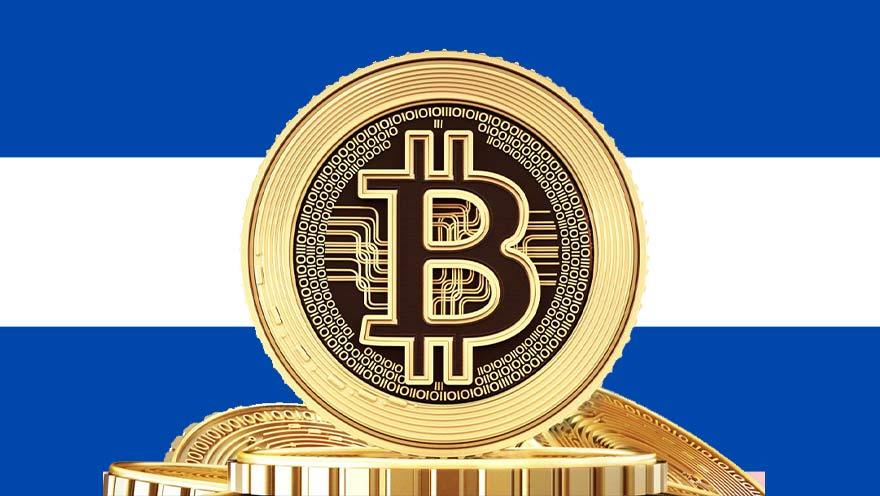Dec 20, 2024
by Sujit Kumar
El Salvador Cuts Bitcoin Policies Amid $1.4 Billion IMF Loan
.
Disclaimer: The views and opinions expressed in this article are for informational purposes only and do not constitute financial, investment, or other advice. Investing in or trading crypto assets comes with a risk of financial loss.
Sujit received his Bachelors in Science from the LNMU Darbhanga. He is currently working as a Content Strategist. He has more than three years of professional experience in information systems, security policies, technologies, and Cryptocurrency. He has published 6 books in the area of information security and assurance. He has published more
than 50 research articles in leading journals Regarding the Latest and Breaking Crypto News and updates. His research interests include access control, computer forensics, Digital Marketing, Web development, business hacks, player experience, and virtual storytelling.
